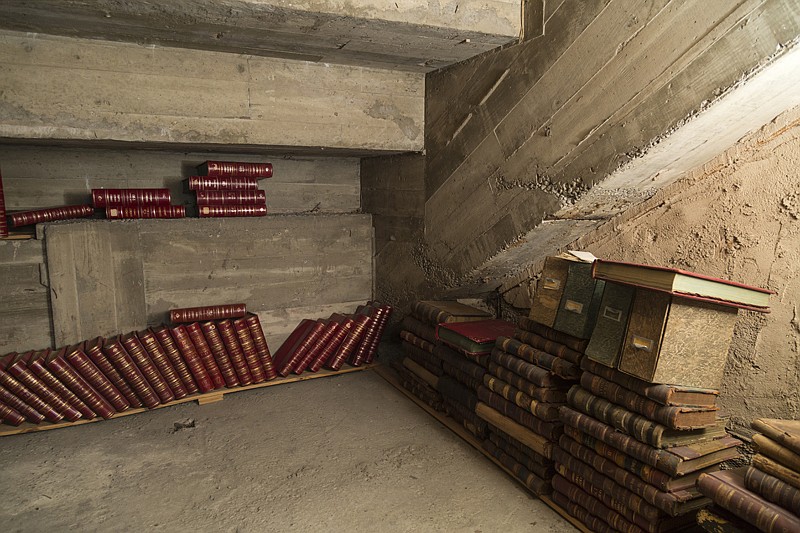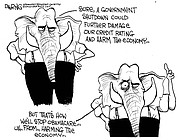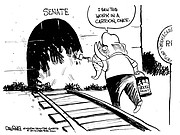It's not exactly buried treasure, but a cache of documents recently discovered in the Texarkana, Ark., Municipal Building could be gold for historians.
Dating from the early 1880s to the late 1970s, more than 130 volumes of legal records sat forgotten in a dusty space under the Municipal Auditorium's seats for decades, until workers looking for a fuse box cut through a padlock and found them this fall.
Thousands of routine legal proceedings are recorded-many in handwritten script-in the judge's, mayor's and justice of the peace's dockets, municipal court records and monthly state police reports. A look inside provides a glimpse at the lives and concerns of past Texarkanans.
In October 1882, Mayor W.G. Cook found W.J. Driscoll guilty of the crime of Sabbath breaking. Cook fined Driscoll and a few other offenders $10 apiece for operating saloons on Sunday. Cook convicted P. Wadley of intoxication the same month and assessed a $5 fine.
A justice of the peace's docket for Sulphur township, Miller County, Ark., shows that in 1903, C.L. Bailey sued J.R. Westmoreland in a dispute over 24 head of cattle. In 1905, Bailey was back in court, this time to recover from W.M. Whitworth the cost-$36.82-of an unpaid-for three-horsepower gasoline engine.
Police Judge W.J. Smither in 1910 collected scores of $5 fines for crimes his clerk often noted with only a word or two: "Drunk," "Dist. peace," "Fighting," "fast riding" and numerous instances of "Leaving horse unhitched." Prostitution apparently was deemed twice as bad, garnering a $10 fine per offense.
Fast-forward to 1952, and motor vehicles replace horses as the focus of law enforcement. Typed on large sheets of onion-skin paper then folded into neat packets, monthly state police reports from that year list dozens of automobile-related offenses, from overloading to fake licenses to driving while intoxicated.
Municipal court records from the 1970s are folded inside envelopes, which are filed inside sturdy cardboard boxes. Typical is a 1978 suit brought by Harry Friedman, doing business as Beechdale Manor, against Michele Ogden for $300 of back rent.
City Clerk Heather Soyars said she did not know when the documents were moved to the storage space, a small, concrete chamber beneath the upper seats of the auditorium. But based on the records' dates, she speculated it must have been decades ago.
Soyars plans to have the most deteriorated volumes rebound and to digitally scan all the records so they will be accessible via internet. The city already makes multiple volumes of records available on its website, at arkansas.txkusa.org/?page_id=1576. Others not yet scanned are available for viewing upon request.
The records' discovery resulted from efforts led by Soyars to clear heaps of old city papers out of the Municipal Auditorium, where they have been haphazardly stored for years.
Work continues to find funding for restoring the historic performance space, where legends like Elvis Presley and Johnny Cash once thrilled audiences. In August, the city received a $33,170 Historic Preservation Restoration Grant to make the first-floor restrooms wheelchair-accessible. Grant funds will also pay for repairing the building's back wall.



